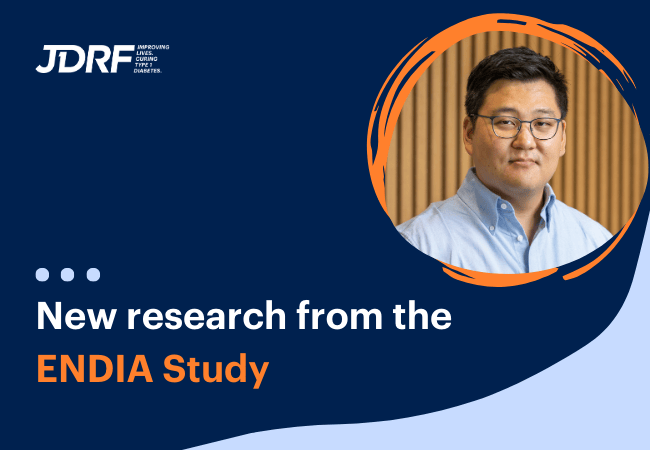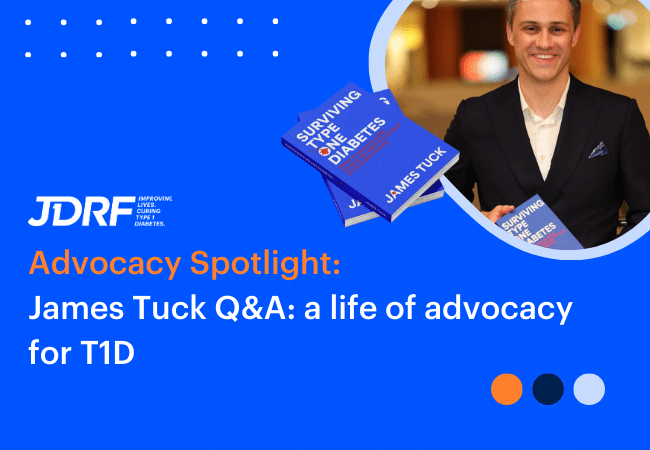Talking T1D Research with Dr Sybil McAuley
Dr Sybil McAuley is an Endocrinologist and Senior Research Fellow at St Vincent’s Hospital Melbourne and the University of Melbourne. She received her first JDRF award in 2013 for her doctoral research into new technology for blood glucose management. In 2018, she was invited to be part of JDRF and the Macquarie Group Foundation’s Future Research Leaders Program, a series of workshops for early and mid-career researchers with strong leadership potential.
Currently, Dr McAuley is Principal Investigator on a JDRF-funded clinical trial looking at the impact of closed-loop glucose technology on older adults with type 1 diabetes. We caught up with her to learn a bit more about her work, why she chose to work in T1D research and how she sees it progressing over the next few years.
How did you get into type 1 diabetes research?
For me, it was a case of being in the right place at the right time. When the first successful islet transplant in Victoria was performed at St Vincent’s in 2007, I had just started my endocrinology specialty training. I was filling in for a registrar on the day and ended up getting to be a part of the process, providing clinical care to the transplant recipient. It was unbelievably exciting to be involved in such a huge collaborative effort, and something that was so life-changing for the patient. This person went from having life-threatening blood sugar lows multiple times a week, to reclaiming her independence. Seeing such an incredible result got me hooked on T1D research.
What does your current research mean for people with T1D?
Closed-loop technology is not brand new anymore, but there’s a lot of work being done to optimise each component and understand how the technology can best benefit people with T1D. My current work includes research involving people aged over 60, looking at how closed-loop technology impacts their glucose levels, compared with using a regular sensor-augmented pump.
But blood glucose is only part of the story for someone living with T1D, so we’re looking at a whole range of factors – sleep patterns, heart rhythms, psychological aspects. What we want is a clear picture of how closed-loop technology impacts the lives of people over 60 – information that will help improve clinical care.
Why is it important to support T1D research?
There’s so much to gain by supporting research. We’re coming up to the 100-year anniversary of the discovery of insulin, and the number of lives that have been saved by that breakthrough alone is incredible – and it was all thanks to the amazing work of researchers and clinicians.
Since then, T1D research has come very far – but there is still so much to be done. We haven’t worked out yet how to cure the disease, or how to prevent children or adults from developing it, and even insulin therapy still isn’t perfect. As researchers, it’s important that we keep up the momentum and keep working towards that next big breakthrough.
What research breakthroughs do you think will come in the next 5 years?
I think in my area of closed-loop insulin delivery, there will be an increase in automation to reduce the burden on people with T1D even further. Current closed-loop technology automates some insulin delivery, but not all. More automation will come as sensors become more accurate, reliable and affordable, and as we develop insulins that can both start and stop working faster.
What’s also really exciting is the move towards a more personalised style of treatment – there’s only one closed-loop system available on the market in Australia at the moment, but T1D treatment isn’t one size fits all. It will be great to see more personalised treatments coming out that are tailored to the individual – that’s something that will really improve day-to-day life for people with T1D.



